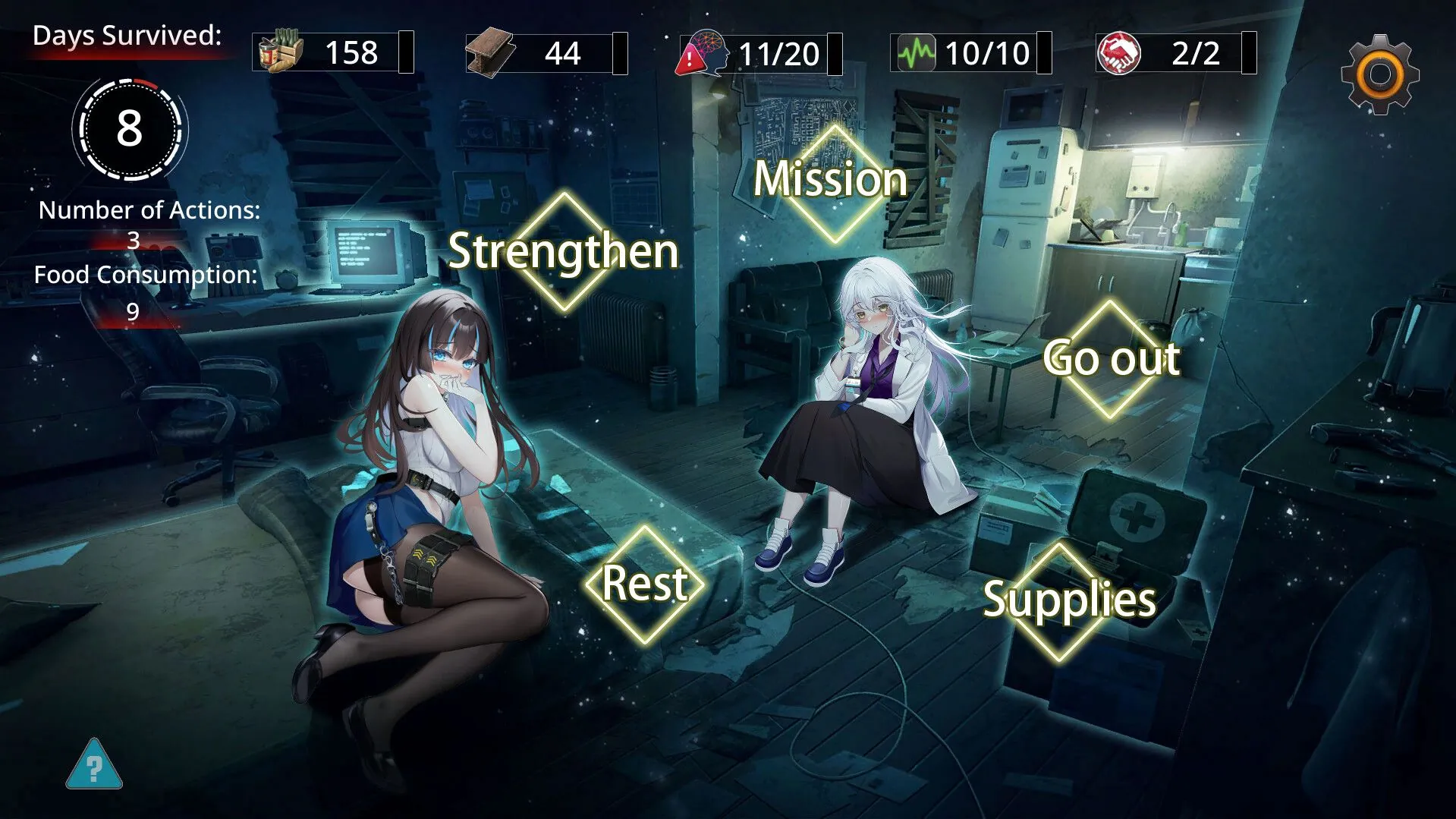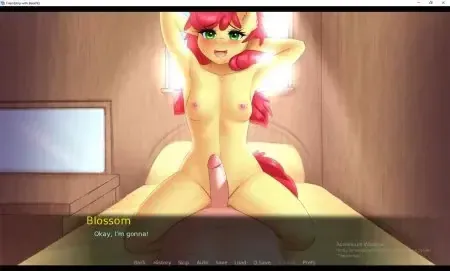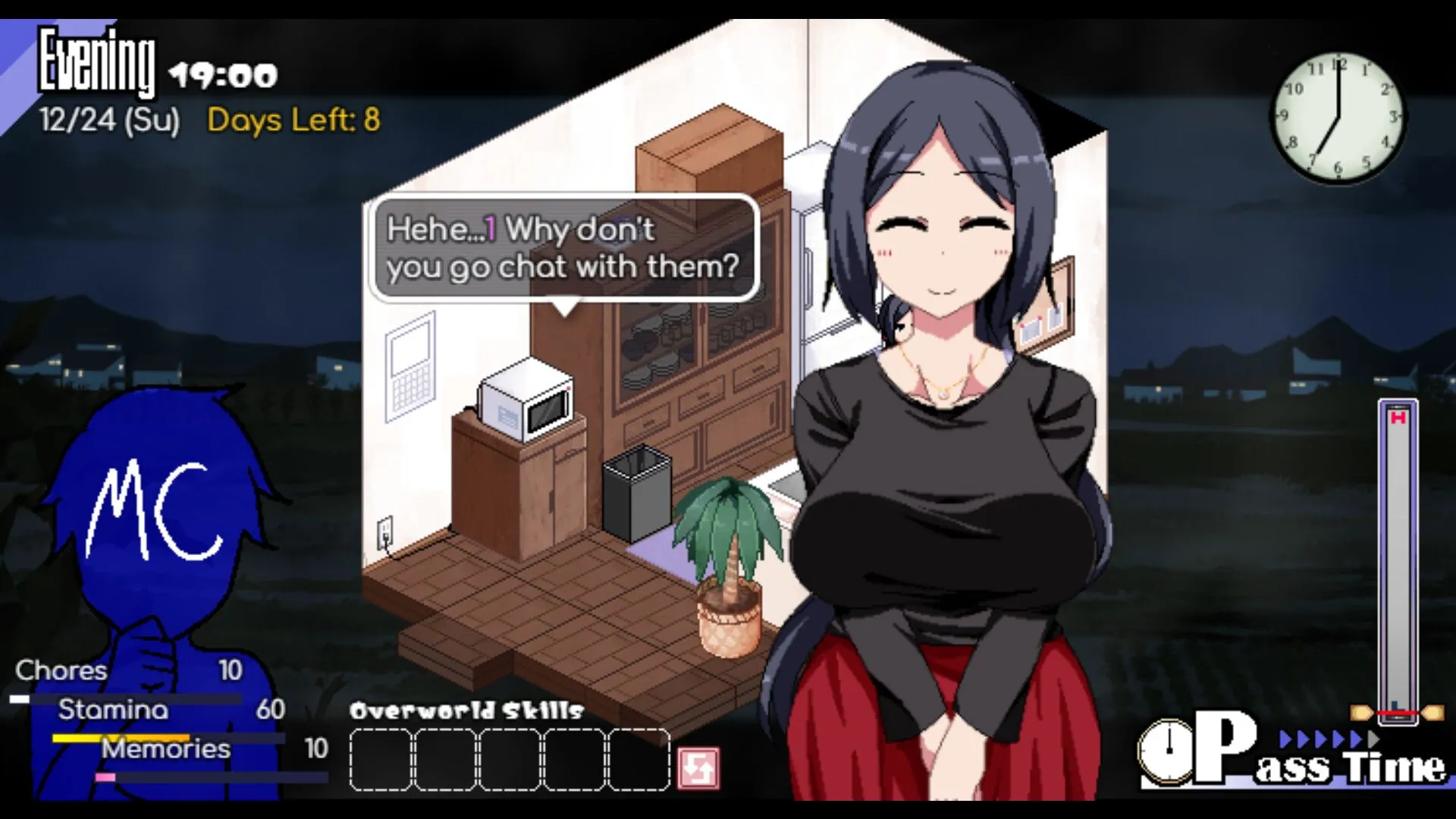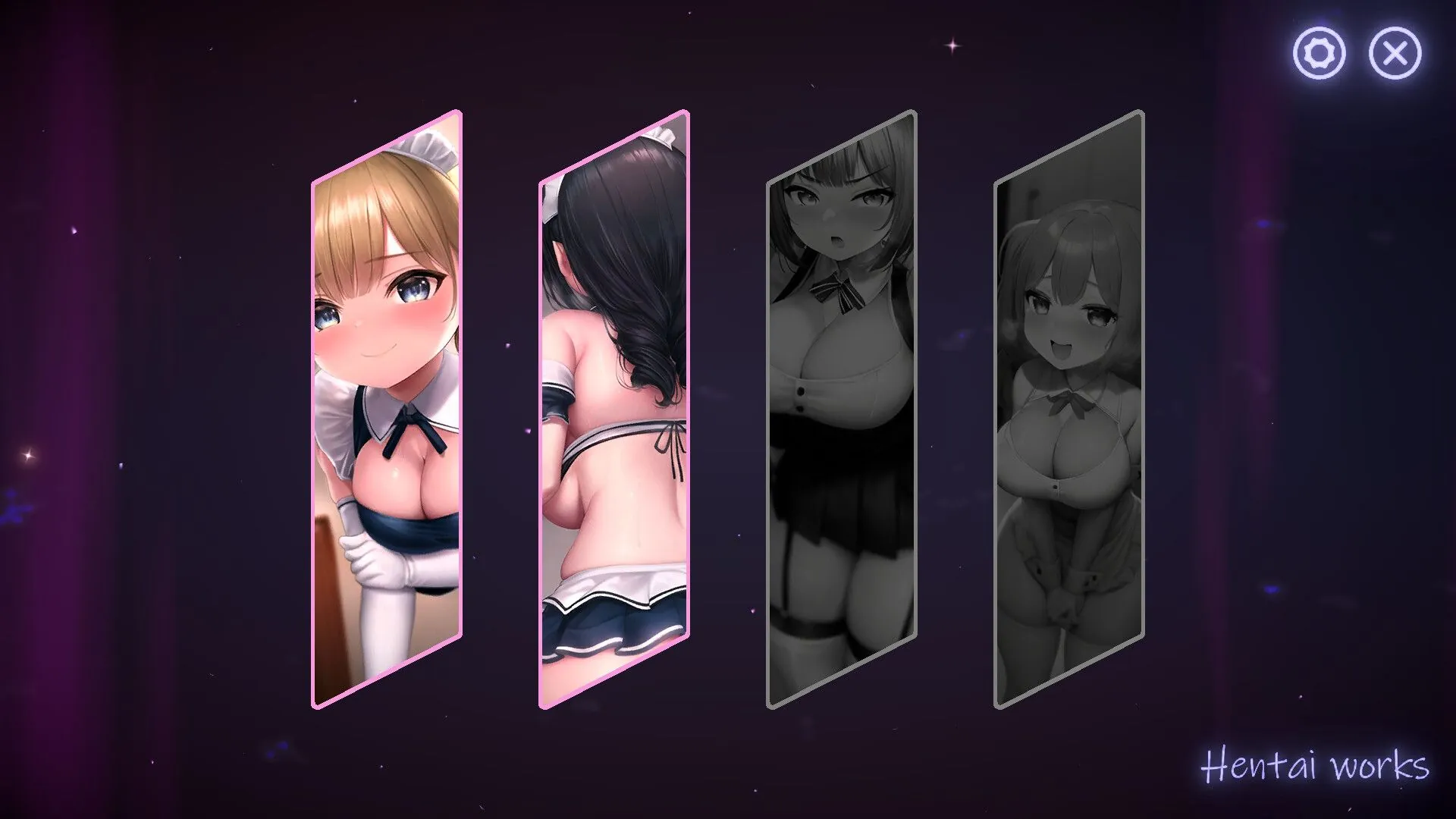
Parental Love
Play Parental Love
Parental Love review
Explore Features, Gameplay, and Player Experience of Parental Love
Parental Love is a well-known adult-themed visual novel game that has attracted a niche audience due to its unique storyline and character development. This article dives deep into the Parental Love game, exploring its gameplay, narrative structure, and what sets it apart in its genre. Whether you’re curious about the game’s mechanics or want to understand its appeal, this guide offers a comprehensive overview to help you navigate the experience.
Understanding Parental Love: Storyline and Gameplay
What is the core plot of Parental Love?
Picture this: You’re a single dad rebuilding life in a new town after heartbreak. 💔 Your teenage daughter struggles with loneliness, while new neighbors and old flames reappear, stirring buried emotions. That’s the emotional powder keg igniting the Parental Love game storyline! 🔥 At its core, it’s a raw exploration of family bonds, romantic second chances, and the messy reality of parenting teens. The narrative arcs swing between heartwarming moments (helping your kid with school drama) and gut-punch dilemmas (confronting past mistakes).
One player shared: “I cried when my in-game daughter asked why her mom left—my choices actually shaped her trust in me.” 😢 That’s the magic here! Motivations feel relatable: Your character seeks redemption, teens crave stability, and love interests challenge your priorities. For a Parental Love plot summary, think “healing through vulnerability.” 🌱 Every subplot—like helping your daughter navigate bullies or reigniting an old romance—feeds into the central theme: love isn’t perfect, but it’s worth fighting for. ❤️🩹
Pro Tip: Journal key story decisions! Emotions run high, and you’ll want to revisit turning points.
How does the gameplay unfold?
Forget mindless button-mashing! 🎮 Parental Love thrives on narrative-driven gameplay, where your choices literally rewrite character futures. ⏳ The Parental Love gameplay mechanics blend visual novel immersion with life-sim strategy. Each day, you allocate time between:
– Bonding with your daughter 👧
– Working to afford bills 💼
– Romance options 💑
– Personal hobbies (which unlock special scenes!) 🎨
Miss work too often? Financial stress strains relationships. Ignore your kid? She withdraws. 😔 The visual novel game choices use a branching dialogue system—pick supportive or stern responses during arguments, or flirtatious vs. cautious lines on dates. One misstep can lock entire story paths!
Here’s a pivotal example:
Early on, your daughter asks about her absent mom. Choose:
– “She wasn’t ready for us.” → Daughter becomes clingy (unlocks dependency arc)
– “Let’s focus on us now.” → She seeks independence (trigs rebellion subplot)
This interactive story games approach means your morals drive outcomes. 🧭 The Parental Love gameplay mechanics include a “Relationship Matrix” tracking trust/fear levels with each character. Max out trust with a love interest? Get exclusive backstory scenes! 📖
Player Insight: “I replayed 3 times to see how small choices snowballed. Saving for therapy sessions changed EVERYTHING!” 🙌
Who are the main characters?
The Parental Love characters aren’t NPCs—they’re layered humans with fears and dreams. 🌟 Your avatar, Mark, anchors the story (voiced thoughts make him deeply relatable). His daughter Lily evolves from sullen teen to confident young adult based on your parenting. 👩👧 Neighbor Elena, a widow running a bakery, offers warmth but hides grief, while fiery ex Claire reappears with explosive secrets. 🔥
| Character | Role | Key Traits |
|---|---|---|
| Mark | Protagonist (Dad) | Protective, flawed, seeking redemption |
| Lily | Daughter | Artistic, insecure, shaped by player choices |
| Elena | Neighbor/Love Interest | Nurturing, reserved, family-oriented |
| Claire | Ex-Partner | Ambitious, confrontational, unpredictable |
These Parental Love characters clash and connect in organic ways. 👥 Ignore Elena’s muffins-and-sympathy approach? She’ll call you out on emotional avoidance. 🧁 Push Claire too hard about the past? She vanishes for chapters. Their significance lies in miroring real-life tensions—Elena represents stability, Claire embodies risk, and Lily’s growth measures your success. 🌈
💡 Fun Fact: Lily’s artwork changes based on her mental state—check her sketchbook for subtle clues!
Why This Game Sticks With You
Parental Love masters narrative-driven gameplay by making every click matter. 💥 Unlike passive novels, your visual novel game choices alter environments (e.g., a tidy house vs. chaotic one reflects family harmony) and soundtrack tones (hopeful piano vs. tense strings). 🎹 Strings of small decisions—like attending a school play vs. working overtime—build toward 11 possible endings. 🌆
Replay value? Off the charts! 🔁 One player noted: “My first run was a trainwreck—Lily moved out! Second try, we opened an art gallery together. Total whiplash!” 😲 For interactive story games fans, it’s a masterclass in emotional cause-and-effect.
So grab tissues, weigh your words carefully, and remember: In Parental Love, love is a verb. ❤️🛠️
Parental Love offers a distinctive experience within its genre through its engaging storyline and interactive gameplay. Understanding its characters and mechanics can greatly enhance player enjoyment. If you’re interested in narrative-driven games with complex choices, Parental Love is worth exploring. Dive in and experience the unique storytelling it offers firsthand.




